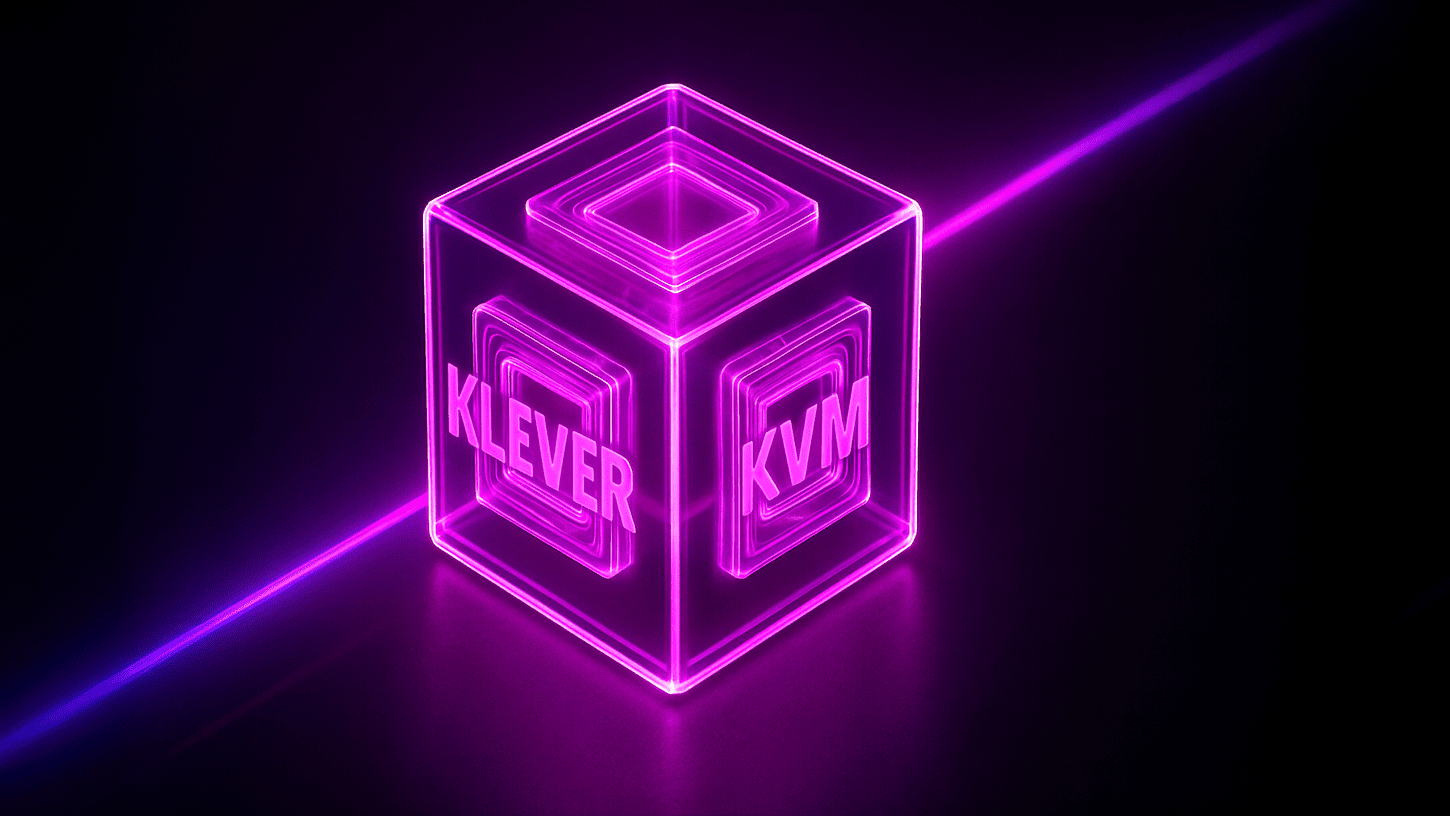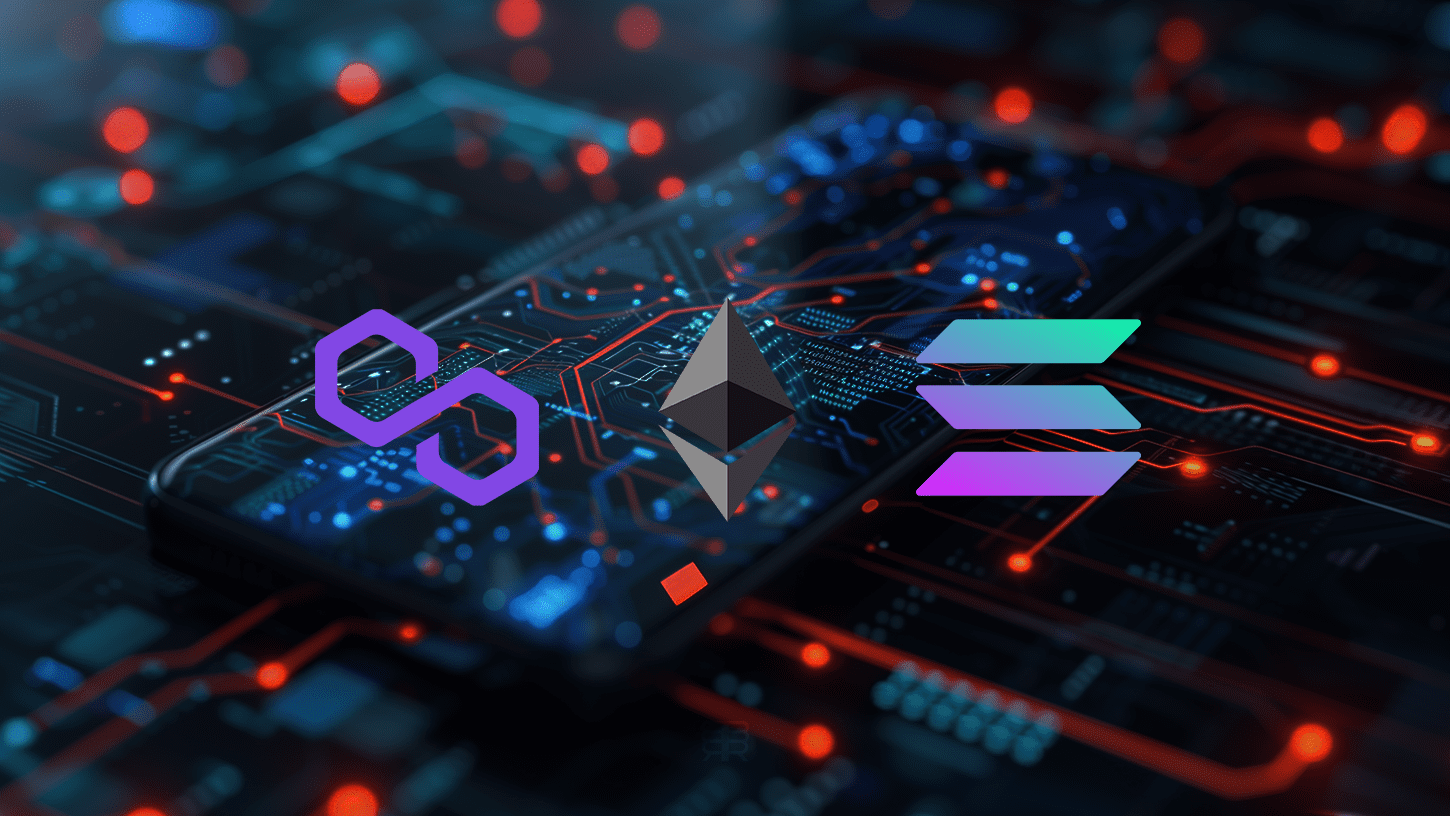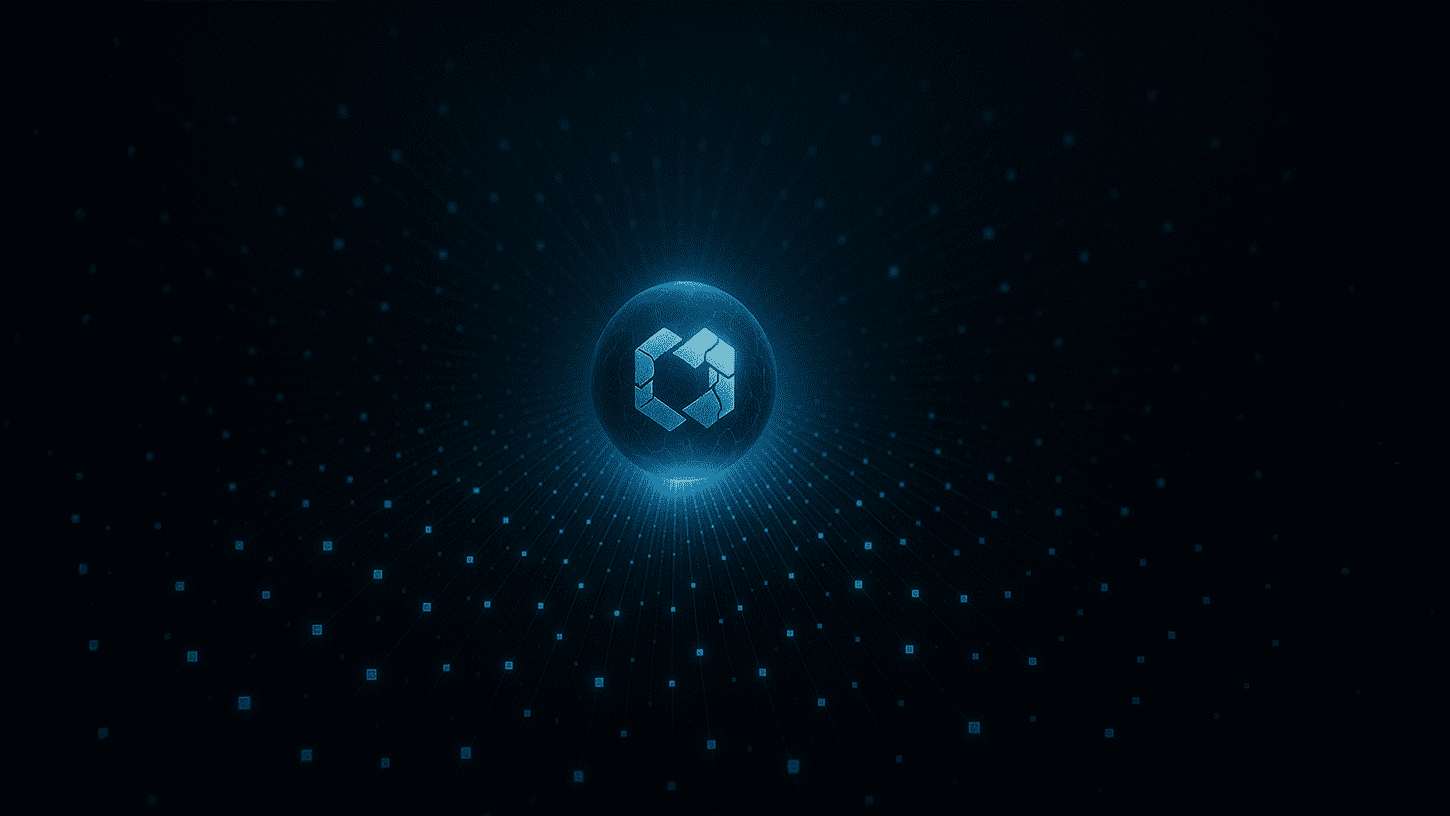Google Gemini 3 Launch: Smarter AI and Antigravity Platform Lead New Era

On November 18, 2025, Google introduced Gemini 3, its most advanced foundation model to date, a direct challenge to OpenAI’s GPT-5.1 and Anthropic’s Sonnet 4.5. The release establishes new performance records across reasoning and multimodal understanding while introducing Google Antigravity, an agent-first development platform designed to transform how developers interact with AI.
The Gemini 3 Pro and Deep Think Models
Gemini 3 launches in two versions: Gemini 3 Pro, available immediately to developers, and Gemini 3 Deep Think, a higher-tier mode for complex reasoning slated for release after additional safety reviews. CEO Sundar Pichai described it as a leap “from simply reading text and images to reading the room.”
Gemini 3 Pro emphasizes direct, context-aware responses, reducing the need for heavy prompting. It prioritizes insight and accuracy over verbosity, setting a new tone for large-scale AI assistants.
Benchmark Performance and Reasoning Capabilities
In benchmark testing, Gemini 3 Pro leads across multiple categories:
- Humanity’s Last Exam: 37.5% (without tools)
- GPQA Diamond: 91.9%
- SWE-bench Verified: 76.2%
- MMMU-Pro: 81%
- MathArena Apex: 23.4%
These results surpass both Gemini 2.5 Pro and GPT-5 Pro, marking Google’s strongest AI performance to date.
Gemini 3 Deep Think – Pushing Cognitive Boundaries
The Deep Think mode takes reasoning a step further, achieving 41.0% on Humanity’s Last Exam and 93.8% on GPQA Diamond. The mode is built for intricate problem-solving tasks such as mathematical proofs, multi-agent simulations, and system optimization. It will be available to Google AI Ultra subscribers following safety validation.
Google Antigravity – AI’s Shift from Tool to Partner
Launched alongside Gemini 3, Google Antigravity represents an evolution in AI-powered software development. The platform enables autonomous agentic coding, allowing AI to plan and execute software tasks independently. It integrates Gemini 3 Pro, Gemini 2.5 Computer Use, and Nano Banana (Gemini 2.5 Image) models for browser control, terminal management, and visual editing, respectively.
Developers can collaborate with agents directly inside an AI-integrated IDE, where the model handles end-to-end project workflows, from debugging to documentation, simulating a genuine development partner rather than a static assistant.
Gemini 3 Rollout and Global Availability
The new model is being deployed immediately across Google’s ecosystem:
- General Users: Gemini app and AI Mode in Search
- Developers: Gemini API, AI Studio, and Antigravity platform
- Enterprises: Vertex AI and Gemini Enterprise
With 650 million monthly app users and over 13 million developers in the ecosystem, Gemini 3’s integration marks one of the broadest AI rollouts in history.
What This Means for the AI Landscape
Gemini 3 underscores Google’s intent to lead in agentic AI, a field shifting toward autonomous systems capable of reasoning and execution without explicit instruction. Its timing, just days after OpenAI’s GPT-5.1 release, highlights the accelerating AI model arms race among tech giants.
The introduction of Antigravity further suggests that Google is making a strategic move to unify developer workflows around its AI stack, positioning Gemini as both a productivity enhancer and a foundational infrastructure layer for future generative applications.
What’s Next for the Gemini Series?
Google confirmed that Gemini 3 is the beginning of a larger rollout, with additional variants in development. Gemini 3 Deep Think will soon be followed by research-grade extensions designed for enterprise and scientific workloads, reinforcing Google’s push toward scalable, reasoning-driven AI ecosystems.






